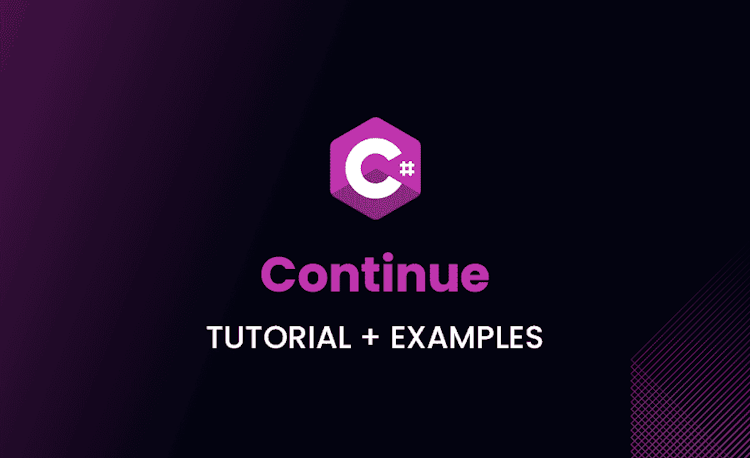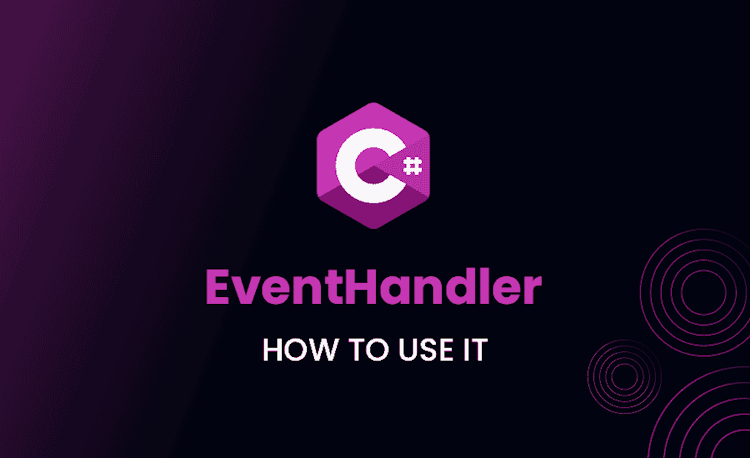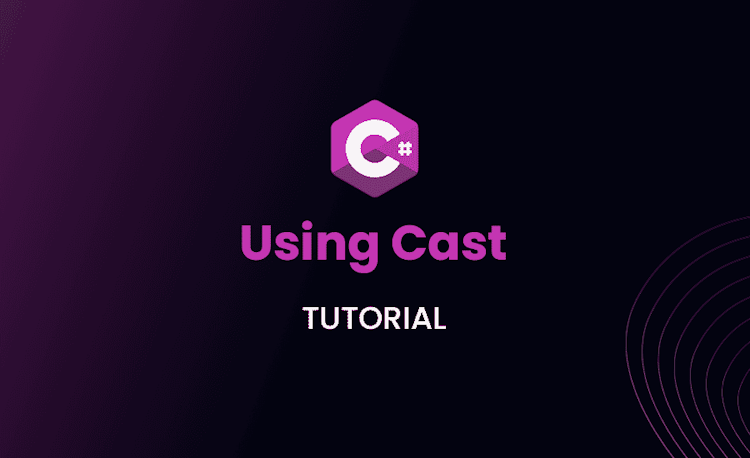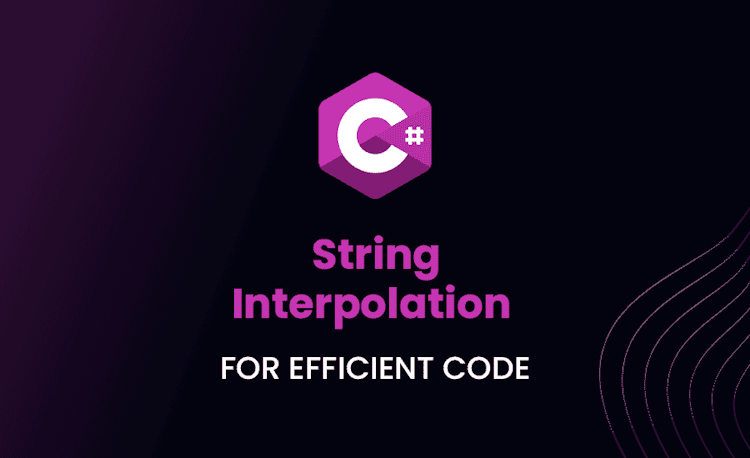Delegates in C#: Usage + Examples
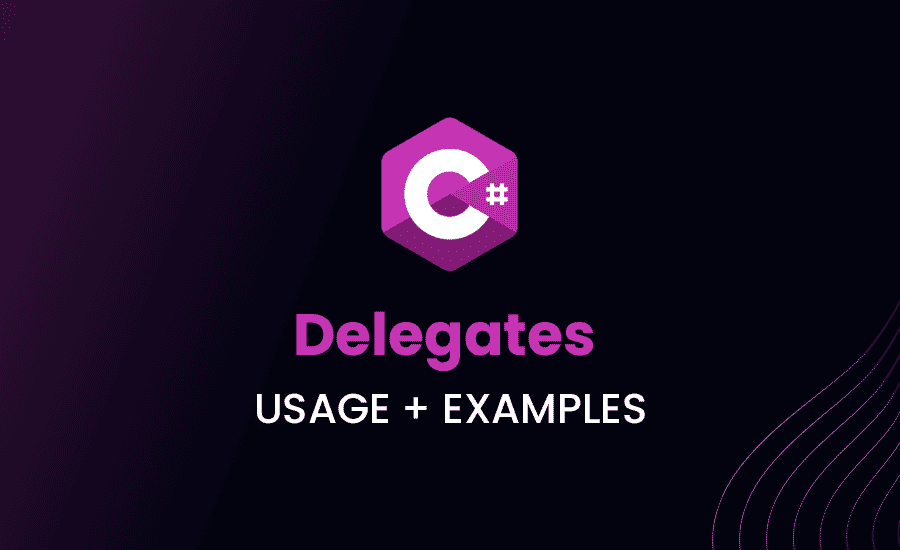
In your journey to become an expert in C# coding, you might come across numerous sophisticated and often bewildering aspects – Delegates being one of them. This article will delve into these mysterious entities, shedding light on their purpose and their crucial role in C# programming. Are you ready to unravel the enigma? Let’s dive right in!
What are Delegates in C#
First things first, before we delve into the technicalities, we need to lay the groundwork for what exactly delegates are in C# and their importance.
Defining C# Delegates
Think of a delegate as, well, an actual delegate. Someone who represents or works on behalf of someone else, right? Like a diplomat! In this case, a delegate is an object that knows how to call a method. It’s like a phone number, just dial it, and it calls the method! Sound simple? Let’s delve deeper.
A delegate in C# is a type that safely encapsulates a method, similar to a function pointer in C and C++, but type-safe and secure. It’s like a bridge — or a secure, coded tunnel — between the method call and the method being called. This is the ‘C# delegate’.
Let’s look at a simple code example. Here, we are declaring a delegate named MyDelegate and assigning it a method ShowMessage:
Loading code snippet...
We’ve scratched the surface, now let’s take a deeper dive to truly get the hang of C# delegates.
C# Delegation Model
This might feel a bit like a challenge, but trust me, understanding the delegation model will revolutionize your C# skills. You see, the ‘C# Delegation’ model involves creating a delegate object, assigning a method to this object, and invoking this delegate. It’s like assigning a task to a delegate, expecting them to complete it – just like in the real world, huh?
Also, more than one method can be assigned to the delegate object, much like multitasking. What’s more? This can be done at runtime, offering the much-needed dynamic flexibility. Just let it sink in, because up next we’ve got some heavy stuff regarding delegate syntax.
C# Delegate Syntax
So yes, coding with delegates can sometimes feel like trying to solve a Rubik’s cube. But fear not! We’ve got this! It’s time we tackle the challenge head-on, starting with delegate syntax.
Exploring C# Delegate Example
They say “seeing is believing”, right? So, here we move on to dissecting an actual ‘C# delegate example’. This involves declaring a delegate, attaching a method, and invoking the delegate – quite literally causing the method to spring into action.
Take a look at this simple example:
Loading code snippet...
In this example, we declare a new delegate type called MathOperation that represents a method that takes two integers as input and returns an integer. Does this ring any bells? I hope it does, cause it’s time to explore delegate functions!
C# Delegate Function: An Overview
Up next, we dive into an integral aspect of delegates, the ‘C# Delegate Function’. Here we look at how delegates play a role in connecting, invoking, and even chaining multiple methods, turning coding into a magical experience. What’s interesting is the way these delegate functions can even work with methods that have the same signatures. Fascinating, isn’t it?
Key Differences: C# Delegate vs Func
Now, wouldn’t it be fun to pit two coding mechanisms against each other and explore how they perform? In the next section, we’ll explore the ‘C# Delegate vs Func’ face-off, comparing and contrasting these two intriguing entities.
Exploring C# Delegate and C# Func
Let’s kick off this face-off by understanding the two contestants. So here it goes – while a C# delegate is like a Java interface with a single method, C# Func is a delegate that encapsulates a method that takes one or more arguments and returns a value of specific type. Much simpler way of doing things, eh? Keep in mind that while Func delegates are generic, event delegate are not.
Analyzing the Key Differences
Let’s take a look at a detailed side-by-side comparison of these two feisty components – C# delegate vs Func. Whether it’s method encapsulation, type-safety or other coding aspects, the comparison might just surprise you.
For example:
Loading code snippet...
In the above example, PerformCalculation is a delegate that can point to methods taking two integer parameters and returning an integer. The Func<..> delegate does the same but in a more generic way.
Delegates and Events in C#
Ready to see the full potential delegates can bring to your C# code? In this section, we’ll examine how ‘delegates and events in C#’ complement each other, like yin to yang, making your code more efficient and robust.
Relationship Between Delegates and Events
Events in C# follow a publisher-subscriber model where the delegate acts as a conduit (or think of it as a radio frequency) between the event and its subscribers. Cool, isn’t it?
Real-Life Applications of Delegates and Events in C#
Ever wondered how the ‘click’ of a button on a webpage works? Or how does an alarm clock know when it’s time to wake you up? It’s all made possible by the beautiful symphony between delegates and events in C#.
Effective Usage of Delegates in C#
Using delegates in C# brings power to your code by providing flexibility, type safety, and allowing your code to be event-driven. Let’s see how to ‘use delegates in C#’ in real coding scenarios.
How to Use Delegates in C#
Let’s cook up some real code examples to see ‘use of delegates in C#’ in action!
Loading code snippet...
Here, we’ve declared a delegate, assigned it a method, and invoked it.
Advantages of the Use of Delegates in C# Programming
Here we list down all the perks you can enjoy by effectively using delegates!
- Improved Coding Flexibility
- Full-proof Type Safety
- Dynamic Method Invocation
- Event-Driven Programming
- Multicasting
Conclusion: The Enduring Relevance of C# Delegates
As we conclude this comprehensive guide, one thing is crystal clear: delegates aren’t just part of the C# language, they’re a crucial, game-changing part. And the more you sweat while practicing them, the less you bleed in the programming battle! So why wait? Start exploring, experimenting, and elevating your coding skills right away!
